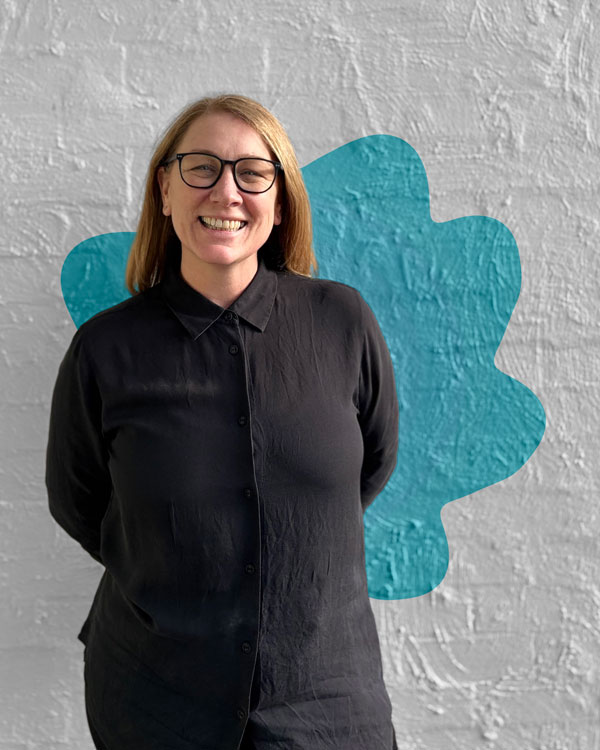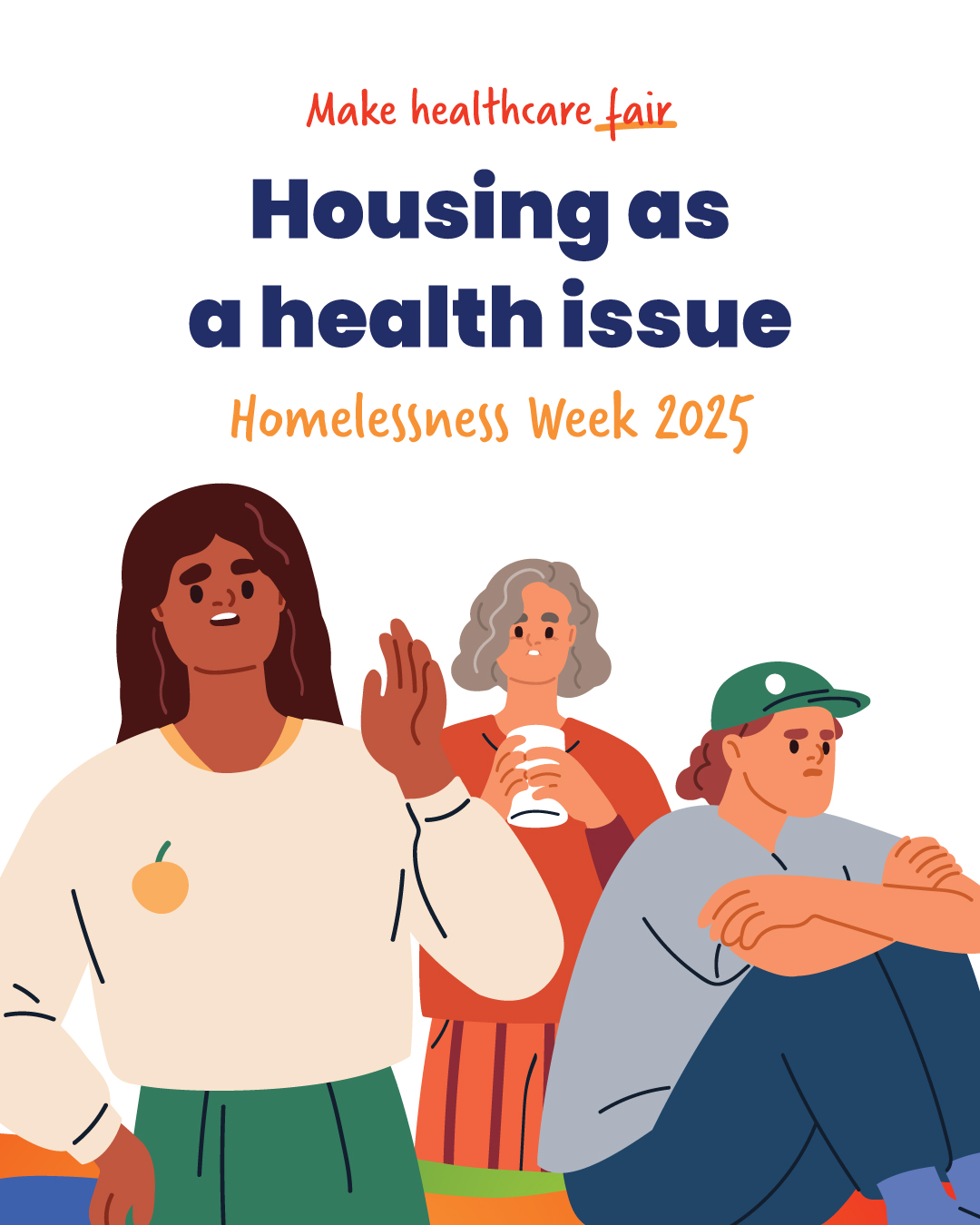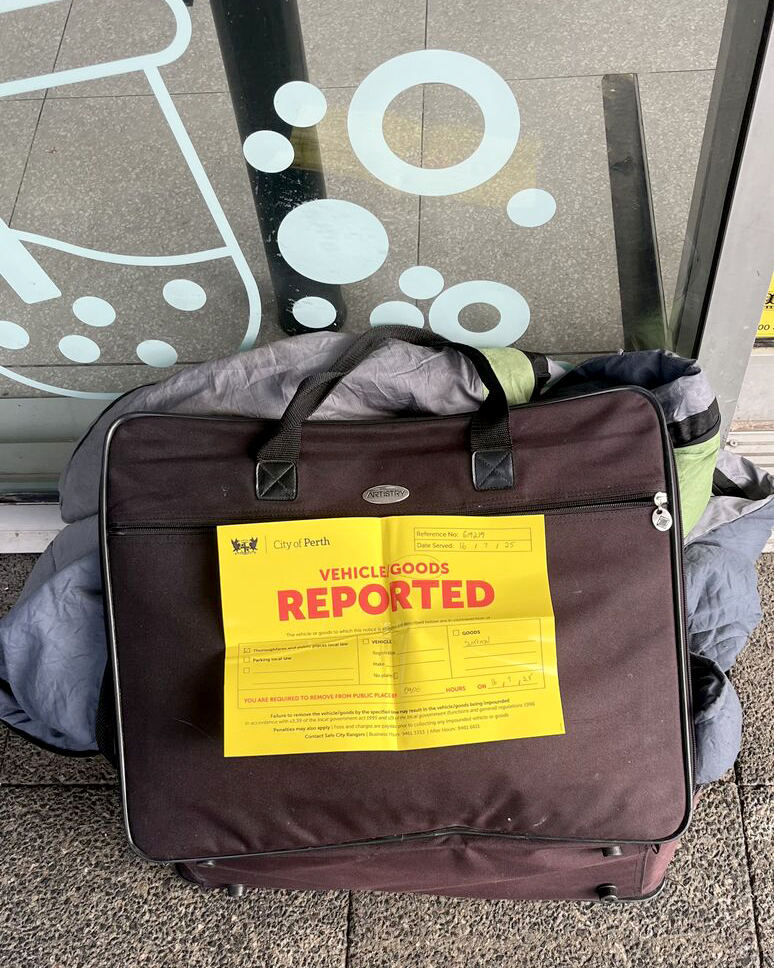
Our team works hard for the people of WA, we’re passionate about making a difference in the lives of West Aussies and working hard to make patients, carers, loved ones – all health consumers – are at the centre of our healthcare system to make healthcare fair.
We’d like you to meet Aimee, our Engagement and Advocacy Coordinator.
How long have you worked at HCCWA?
2.5 years
What inspired you to work at HCCWA?
Over the years, I’ve worked in roles where I helped people find their way through the health system and speak up for the care they needed. I often found myself pointing them to HCCWA or using their resources to help someone understand their rights, make a complaint, or support a friend or family member through their healthcare journey.
Seeing how important that kind of support is really stuck with me. It made me want to be part of the team at HCCWA—somewhere I could help more people feel confident to speak up and get the care that works for them. I’m passionate about making sure everyone has the tools and support they need to be heard and to get healthcare that truly meets their needs.
Describe what you do at HCCWA
My role at HCCWA is really varied, which is one of the things I love most about it. I get to be out in the community a lot—whether that’s hosting a stall at a local event, meeting with hospital consumer advisory committees, or running events to support and grow our amazing network of consumer representatives.
A big part of what I do is helping people understand their healthcare rights and how to speak up for the care they need. I draw on my past experience working directly with community members to share useful information and build confidence in navigating the health system.
What brings me the most joy is connecting with people—having real conversations, hearing their stories, and helping them feel empowered to take charge of their healthcare journey.
What do you think about HCCWA and the work we do?
HCCWA is one of the best workplaces I’ve ever been part of. It’s pretty rare to find a team where everyone is genuinely working towards the same goal—supporting people in the community and helping to shape a health system that’s fair, safe, and truly centred around the consumer voice.
There’s a real sense of shared purpose at HCCWA. Everyone brings their own strengths, and what brings us all together is the belief that people deserve to be heard and respected in their healthcare journey. It’s inspiring to be part of something that makes a real difference in people’s lives.
How do you see your work helping to improve outcomes and experiences for everyone in WA?
I see my work as part of a bigger effort to make sure everyone in WA has access to healthcare that truly meets their needs. By helping people understand their rights, speak up about their experiences, and feel confident navigating the health system, we’re not just supporting individuals—we’re helping to shift the system to be more responsive, inclusive, and person-centred.
Whether it’s through community events, supporting consumer representatives, or simply having conversations that empower people to advocate for themselves or others, every part of the work we do at HCCWA contributes to building a health system that listens, learns, and improves. And when the system works better for the people who use it, outcomes and experiences improve for everyone.
Ever met anyone famous?
Yes! While waiting in a passport line at an airport in Germany, my son, who was 6 at the time, was having an in-depth conversation with someone behind us about how they both had Australian passports. I turned around and he was deep in conversation with Cate Blanchet. She was very lovely and gave her time very graciously.






